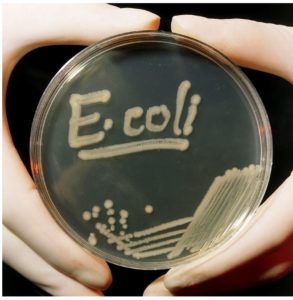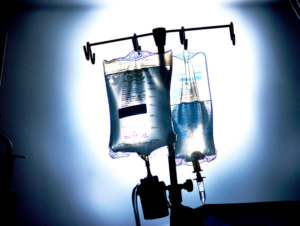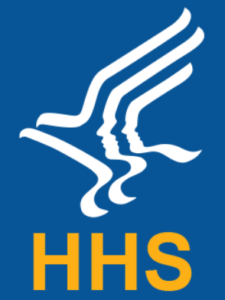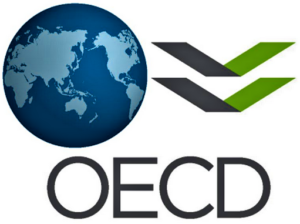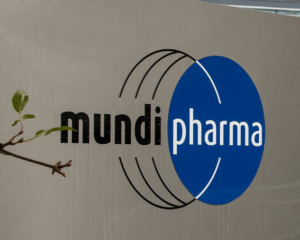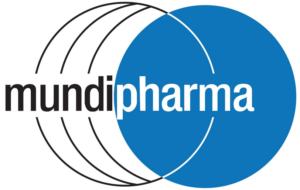- Antibiotics need a special place in the drug pricing debate (statnews.com)
Melinta Therapeutics, one of the few companies to recently bring a new antibiotic to market, filed for bankruptcy at the end of December. This news comes less than a year after another antibiotic developer, Achaogen, did the same thing...`More than 90% of antibiotics in the pipeline today are being developed by small companies like these, not by the pharmaceutical giants that once dominated the field. And with antibiotic prices low and profit margins narrow, many small companies just can’t stay afloat...just when the world needs more novel weapons in the fight against resistant pathogens, there are far too few in the pipeline. And although there are real scientific challenges in finding new antibiotics, the big drug companies have largely abandoned the field due to the low return on investment...READ MORE
- Drug Shortages, Product Standardization Plague IV Drug Delivery (drugtopics.com)
Ongoing threats to the safety of intravenous (IV) drug delivery include drug shortages and lack of IV product standardization, according to an expert panel...The panel of health care providers developed recommendations...The findings...were published in the American Journal of Health-System Pharmacy.
The panel’s findings include:
- The panel believes in the overall superiority of manufacturer ready-to-use products, and says they are the safest IV drug delivery systems, followed by outsourced, ready-to-use, pharmacy compounded, point-of-care activated, and nonpharmacy compounded at point of care.
- Drug shortages and lack of standardization are the 2 most significant threats to IV drug safety.
- Variations in IV medication concentrations during transitions of care within the same institution or between different facilities can increase the likelihood of a medication error, leading the panel to identify lack of standardization as a major threat to safety.
- Manufacturer-prepared products are the safest IV drug delivery system, and manufacturer-prepared, ready-to-administer products are preferred for patient use whenever possible...
- Specialized education, training, certification, and competency with regard to compounding of sterile preparations should be required for pharmacists, pharmacy technicians, and other involved health care providers...
- A legislative and regulatory framework that supports and encourages IV medication safety in all settings (such as physician offices) should be developed…READ MORE
- HHS releases proposed rule to import drugs from Canada to lower the price for consumer (healthcarefinancenews.com)Trump proposes rule for importing drugs from Canada; industry says it won't cut costs (reuters.com)Trump plan would allow states to import drugs from Canada (politico.com)Sally Pipes: Canadian drug imports are a dose of bad medicine (sunjournal.com)
The Department of Health and Human Services has released a proposed rule this morning that proposes to lower the price of drugs for consumers by allowing pharmaceutical manufacturers to import certain prescription drugs from Canada...In addition, the Administration has announced the availability of a new draft guidance for the industry that describes procedures drug manufacturers can follow to facilitate importation of prescription drugs, including biological products, that are FDA-approved, manufactured abroad, authorized for sale in any foreign country, and originally intended for sale in that foreign country...READ MORE
- Medicines pose global environmental risk, experts warn (news.yahoo.com)CDC Report on Antibiotic Resistance Threats Shows Higher Death Toll (pharmacytimes.com)
Residues from billions of doses of antibiotics, painkillers and antidepressants pose a significant risk to freshwater ecosystems and the global food chain, a new analysis said Thursday...There are growing fears that the unchecked use of antibiotics in both medicine and agriculture will have adverse effects on the environment and on human health...The Organisation for Economic Co-operation and Development compared data on concentrations of pharmaceutical residue in water samples worldwide as well as prescribing trends and water purification regulations in various countries..."Unless adequate measures are taken to manage the risks, pharmaceutical residues will increasingly be released into the environment as ageing populations, advances in healthcare, and intensification of meat and fish production spur the demand for pharmaceuticals worldwide,"...READ MORE
- Exclusive: Drugmakers from Pfizer to GSK to hike U.S. prices on over 200 drugs (reuters.com)More drugmakers hike U.S. prices as new year begins (reuters.com)
Drugmakers including Pfizer Inc, GlaxoSmithKline PLC and Sanofi SA are planning to hike U.S. list prices on more than 200 drugs in the United States...according to drugmakers...Nearly all of the price increases will be below 10%, and around half of them are in the range of 4 to 6%...The median price increase is around 5%...READ MORE
- Medical breakthroughs, looser FDA made biotech stocks one of the decade’s best investments (cnbc.com)
Biotechnology was one of the decade’s best investments as a dizzying pace of clinical innovation fueled the discovery of treatments once thought beyond the reach of modern medicine. A more aggressive FDA also aided the trend...An investor who purchased shares of the iShares Nasdaq Biotechnology ETF in December 2009 is now up more than 350% in returns. In other words, a $1,000 stake in biotech in 2009 would now be worth over $4,500...Industry experts point to breakthroughs in the treatment of diseases like hepatitis C, multiple sclerosis and a variety of malignancies for biotech’s big decade and the eye-popping profits the industry’s therapies promise...READ MORE
- Sackler-owned opioid maker pushes overdose treatment abroad (apnews.com)
The gleaming white booth towered over the medical conference...advertising a new brand of antidote for opioid overdoses. “Be prepared. Get naloxone. Save a life,” the slogan on its walls said...Some conference attendees were stunned when they saw the company logo: Mundipharma, the international affiliate of Purdue Pharma — the maker of the blockbuster opioid, OxyContin, widely blamed for unleashing the American overdose epidemic...Here they were cashing in on a cure...“You’re in the business of selling medicine that causes addiction and overdoses, and now you’re in the business of selling medicine that treats addiction and overdoses?”...“That’s pretty clever, isn’t it?”...“end-to-end provider” — opioids on the front end, and addiction treatment on the back end...READ MORE
- NCPA stands with NY patients, pharmacists after Cuomo veto (chaindrugreview.com)AARP praises Governor Cuomo’s plan to tackle high Rx drug costs (chaindrugreview.com)
Despite aggressive advocacy efforts by state-based pharmacy organizations and individual New York pharmacists, Gov. Andrew Cuomo this week vetoed legislation to help to rein in costly pharmacy benefit manager practices by giving the superintendent of insurance licensing and regulatory authority over PBMs. This regulatory authority would put an end to the lack of transparency, oversight, and accountability that has allowed PBMs to engage in anticompetitive practices to the harm of the state’s patients and small-business community pharmacies...READ MORE
- Pharmaceutical Stocks Had a Rough Year. Here’s Why 2020 Could Be Better. (barrons.com)
There’s a theme developing in the 2020 outlooks Wall Street analysts covering big pharma are putting out this week: next year is looking good for the sector...Morgan Stanley’s David Risinger upgraded his view on the industry to Attractive from In-Line...“We expect novel disease treatments, combined with limited patent expiration exposure, to yield healthy growth in the coming years,” Risinger wrote. He also said that pricing in the U.S. would be “healthy” in 2020...Still, while Risinger doesn’t believe it’s likely that U.S. politicians will succeed in regulating drug pricing in the near term, that may not last. “The sustainability of high U.S. drug pricing remains a concern, and we cannot rule out risks,”...READ MORE
- Fake doctors, misleading claims drive OxyContin China sales (finance.yahoo.com)
OxyContin is a dying business in the United States. Purdue Pharma, owned by the billionaire Sackler family, is collapsing under an avalanche of lawsuits that accuse the company of using false claims to push its blockbuster painkiller in the U.S., profiting as an unsuspecting nation slipped into a devastating drug crisis...Meanwhile, another company owned by the family in China has been promoting OxyContin with the same tactics Purdue was forced to abandon...the Sacklers’ Chinese affiliate, Mundipharma, tell doctors that time-release painkillers like OxyContin are less addictive than other opioids...Mundipharma has pushed ever larger doses of opioids…In China, Mundipharma managers tried to boost profits by requiring sales representatives to copy patients’ private medical records without consent, in apparent violation of Chinese law...As in the U.S., marketing materials in China made claims about OxyContin’s safety and effectiveness based on company-funded studies and outdated data that has been debunked...READ MORE

